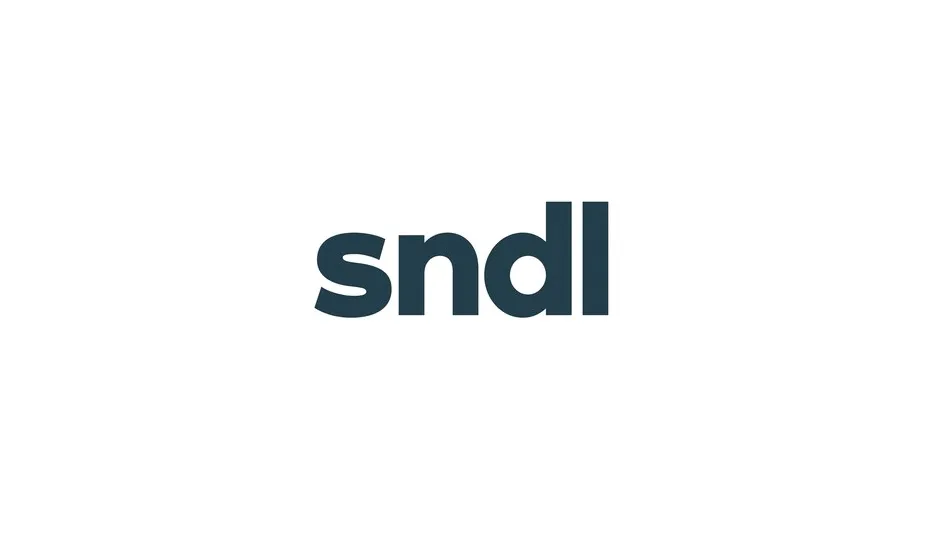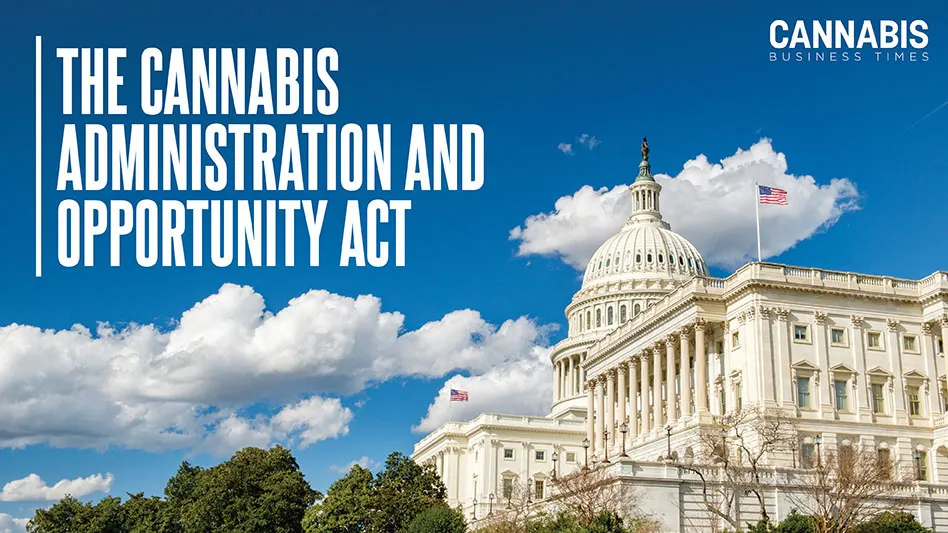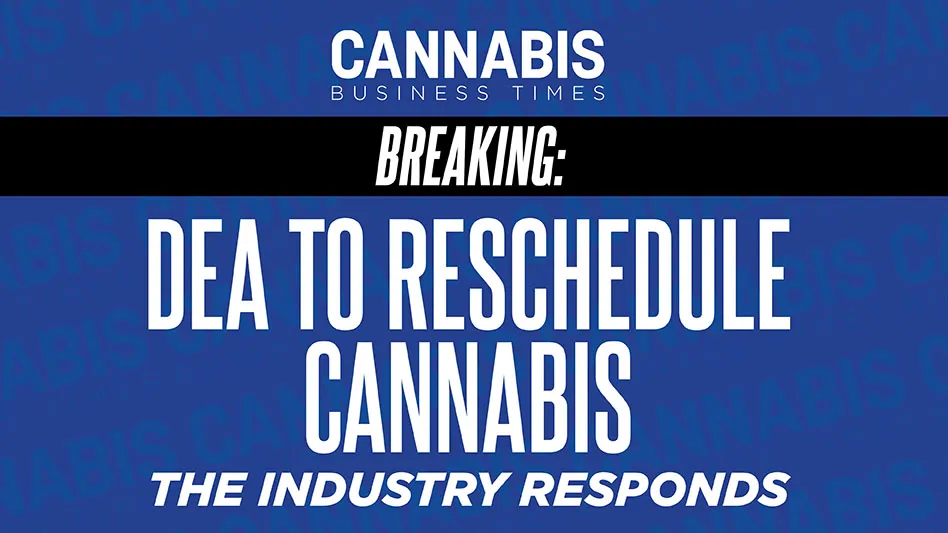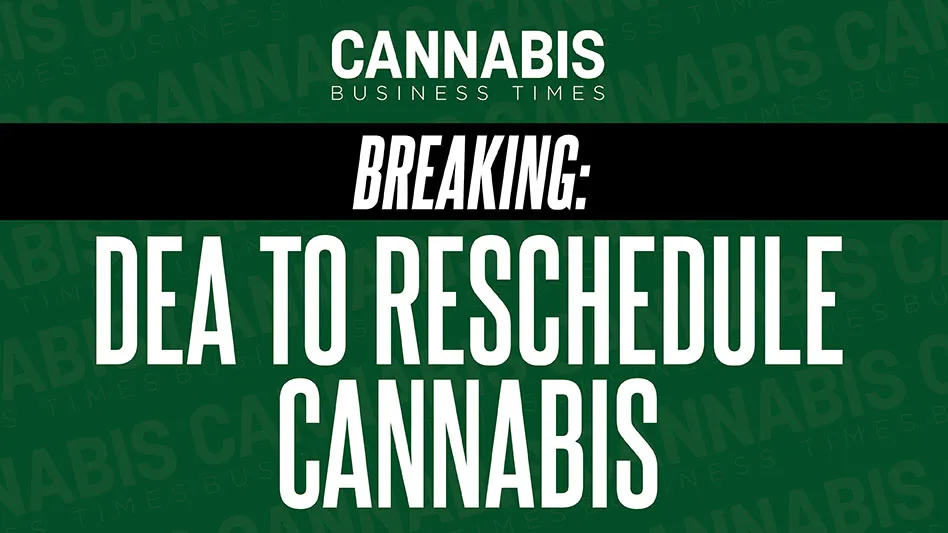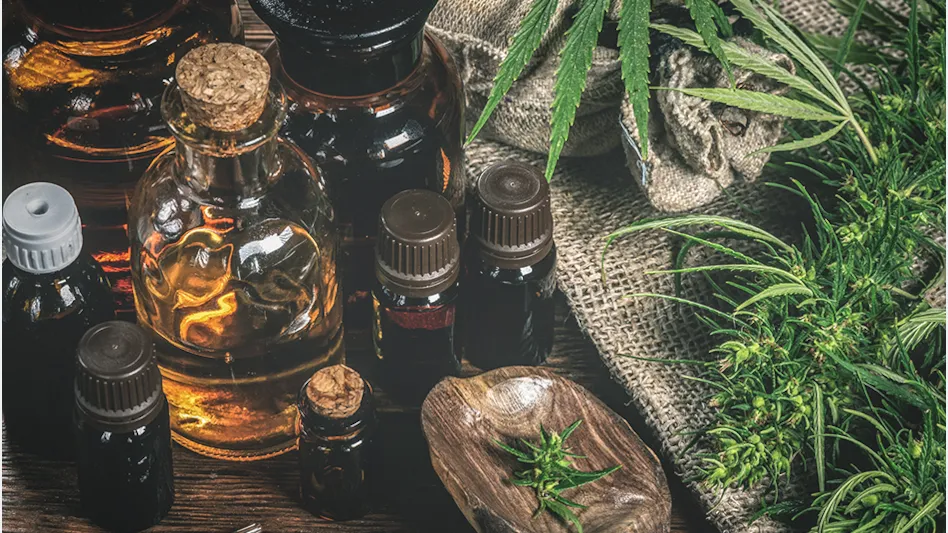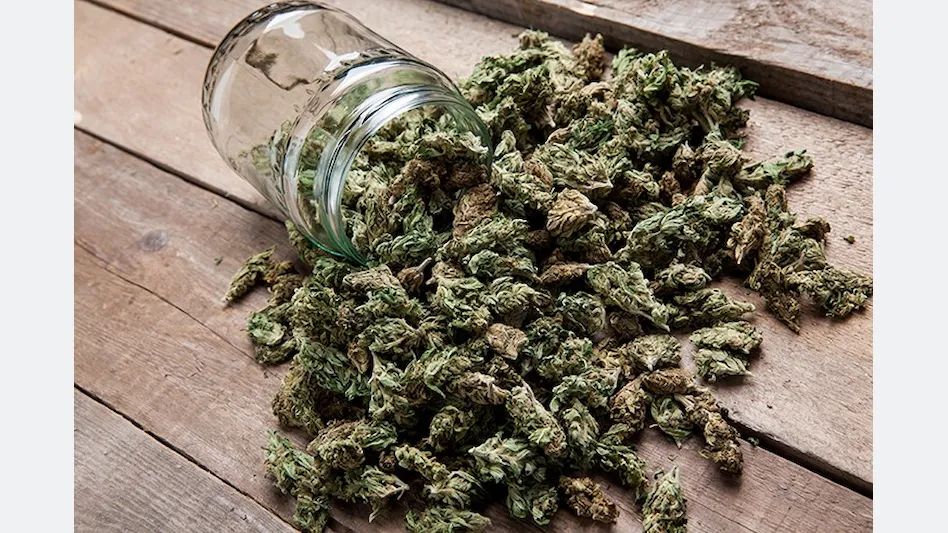
aleksander kamasi | Adobe Stock
What keeps the illicit cannabis market thriving, even in states with legal and regulated adult-use sales?
A new report in the Journal of Studies on Alcohol and Drugs points to higher prices and inconvenience associated with legal cannabis sales as barriers that send consumers to illegal providers instead, according to a press release announcing the report.
Investigators from the University of Waterloo in Ontario analyzed data from the 2019 and 2020 International Cannabis Policy Study, where participants reported how much of the cannabis they used in the past 12 months was purchased from legal sources. If respondents entered a value less than 100%, the survey prompted them to select from a list of reasons why they purchased cannabis illegally.
The number one answer in Canada in 2019 and 2020 for why respondents purchased cannabis on the illicit market was that “legal sources had higher prices,” with 35.9% of respondents choosing that answer in 2019 and 34.6% selecting it in 2020, according to the press release.
Convenience ranked highly as well, with 10.6% to 19.8% of respondents selecting either “legal sources were less convenient” or “legal stores were too far away/there are none where I live” as reasons for their illegal cannabis purchases.
Other possible reasons, which were selected less frequently, include low quality, the desire to stay anonymous, delivery speed and loyalty to a dealer, according to the press release.
“We also observed differences across jurisdictions and changes over time—many reasons decreased in later years, which reflects changes in the number of stores and the price of cannabis in Canada and U.S. states that have legalized adult cannabis use,” the study’s co-author, David Hammond, a professor and university research chair at the University of Waterloo's School of Public Health Sciences, said in a public statement. "Cannabis legalization is one of the most notable substance use policies in several decades. Transitioning consumers from illegal to legal retail sources is a primary goal of legalization. Indeed, many of the potential benefits of legalization—including product standards, revenue for legitimate businesses, reducing burden on the criminal justice system—depend upon shifting consumers to legal cannabis sources. Given the importance of this issue, there is surprisingly little empirical evidence on the factors that determine where consumers source their products in a legal market.”
Hammond and his team concluded that future research into cannabis purchasing decisions should focus on how the perceived barriers to legal markets shift as those markets mature.
"As markets mature, the number of stores per capita tends to increase, and inconvenience is expected to become less of a hurdle," Hammond and his colleagues wrote in the study, according to the press release. "Regulators will need to balance public health and criminal justice priorities in order to establish a competitive market for legal cannabis that encourages legal purchasing."
Latest from Cannabis Business Times
- Aurora Marks 1st Medical Cannabis Shipment to New Zealand Market
- Where All 100 US Senators Stand on SAFER Banking Act
- Blumenauer Unveils Legislative Blueprint, Additional Administrative Action Needed Following Rescheduling
- Cannabis Rescheduling FAQ: What Now?
- From Custodian to Cultivation Supervisor
- California City in Cannabis Retail Desert Welcomes 1st Dispensary
- US Senate Democrats Forgo Addressing Intoxicating Hemp in 2024 Farm Bill Summary
- Verano Opens 3rd Connecticut Social Equity Joint Venture Dispensary
